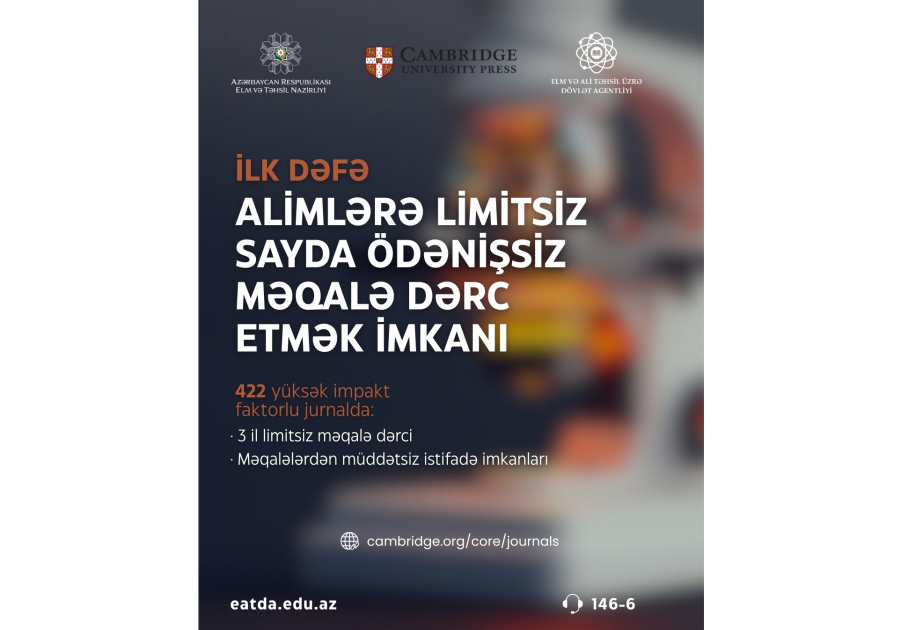The problem of microplastics plaguing marine ecosystems is worse than previously thought and even biodegradable plastics are causing harm, Israeli scientists warned, according to The Press Service of Israel (TPS-IL).
Microplastics are tiny plastic particles measuring less than five millimeters in diameter. They can originate from a variety of sources, including the breakdown of larger plastic debris, microbeads in personal care products, and synthetic fibers shed during washing. These particles often carry harmful pollutants, such as heavy metals and chemicals.
Due to their small size, they easily infiltrate marine environments, where they are ingested by a wide range of organisms, including fish, plankton and filter feeding animals such as mussels, clams, and certain types of fish.
A study recently published in the peer-reviewed journal Chemosphere sought to understand how microplastics change after passing through the digestive systems of marine organisms and how these changes influence their interactions with the environment and other organisms.
Conducted by PhD student Eden Harel, alongside Prof. Noa Shenkar and Prof. Ines Zucker, the researchers created a laboratory simulation using seawater and ascidians, filter feeding marine animals resembling small blobs that efficiently filter tiny particles from the water.
The ascidians were exposed to two types of microplastic particles: conventional polystyrene (PS) and polylactic acid (PLA), a bioplastic marketed as environmentally friendly. The team analyzed the impact of the ascidians’ filtration process on these particles at various stages: initial exposure, post-filtration, and post-digestion.
This phenomenon also affects bioplastics marketed as ‘biodegradable,’ Zucker stressed. “Unless conditions are met for their complete breakdown, they remain as particle pollution that changes properties during passage through the digestive system. The many transformations plastic particles undergo in the environment — from weathering to digestive processes, as investigated in this study — turn them into carriers of pollutants and diseases within the food web.
Biodegradable plastics are designed to break down more easily than traditional petroleum-based plastics.





















